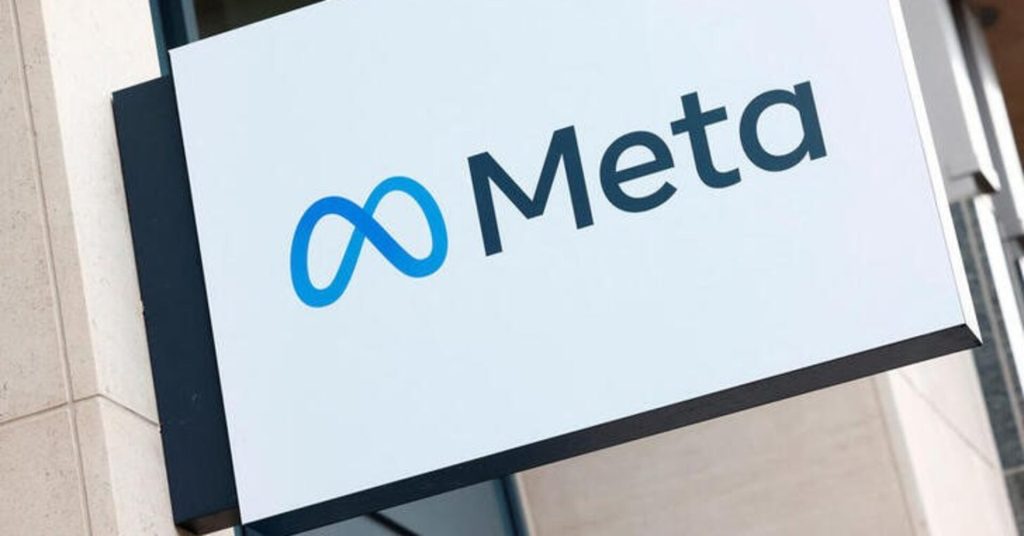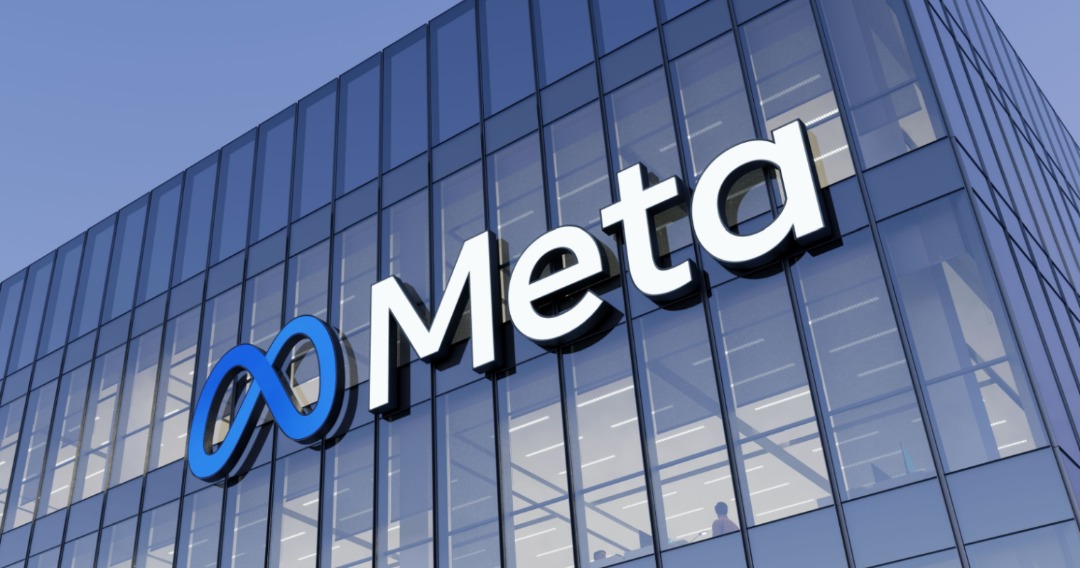The US government formally concluded its case on Thursday in the landmark antitrust trial against Meta, the parent company of Facebook, seeking to prove that the tech giant acquired Instagram and WhatsApp with the intention of eliminating potential competition.
Brought by the Federal Trade Commission (FTC), the case could result in Meta being forced to divest the two platforms—now global social media leaders—if the court rules in favour of the government. The trial is being heard in federal court in Washington, with Judge James Boasberg presiding.
Central to the FTC’s argument is the idea that Meta’s dominance lies in its ability to foster personal connections across its apps. Government lawyers argue that this gives the company an unassailable edge, making it difficult for even viable alternatives—such as Snap—to compete in a market dominated by Meta’s ecosystem of interconnected platforms.
Meta, however, contends that its real competitors are video-focused platforms like TikTok and YouTube, where the user experience is less about personal relationships and more about content discovery. The company argues that it operates in a broader, highly competitive digital attention economy.

Over the past five weeks, several Meta executives have taken the stand, including CEO Mark Zuckerberg and former COO Sheryl Sandberg. Much of the testimony aimed to establish that Facebook, Instagram, and WhatsApp form a distinct market segment based on social connectivity—a feature not central to platforms like TikTok.
In support of this narrative, government lawyers pointed to persistent user dissatisfaction with Meta’s platforms, which, despite criticisms, continue to grow and rake in billions in advertising revenue—further illustrating their entrenched market position.
On Thursday, the final day of the government’s witness testimony, Facebook head Tom Alison acknowledged the company’s ongoing challenges, noting that generational shifts in social media use are reshaping the industry. He cited the increasing popularity of TikTok-style video content among younger users, which has forced Meta to adapt its strategy.
“Facebook was built 21 years ago,” Alison said, “and Gen Z users have different expectations.”
The government maintains that Meta’s hold on user relationships gives it resilience in the face of such trends and that its acquisitions of Instagram in 2012 and WhatsApp in 2014 were strategic moves to neutralise threats to its dominance.
Adding to the FTC’s case was earlier testimony from Instagram co-founder Kevin Systrom, who said he believed Zuckerberg deliberately stifled Instagram’s potential after its acquisition—lending weight to claims that the purchase was anti-competitive in intent.
As the trial moves into the next phase, Meta has begun presenting its defence, starting with testimony from Snap executives. The company insists the FTC has not met the burden of proof required to win an antitrust case.
“After five weeks of trial, it is clear that the FTC has failed to meet the legal standard required under antitrust law,” said a Meta spokesperson. “Regardless, we will present our case to show what every 17-year-old in the world knows: Instagram competes with TikTok, YouTube, X, and many other apps.”
The trial is expected to continue for several more weeks.


 Trending
Trending 
